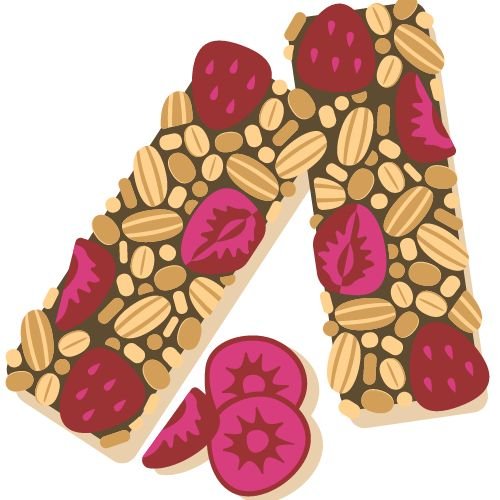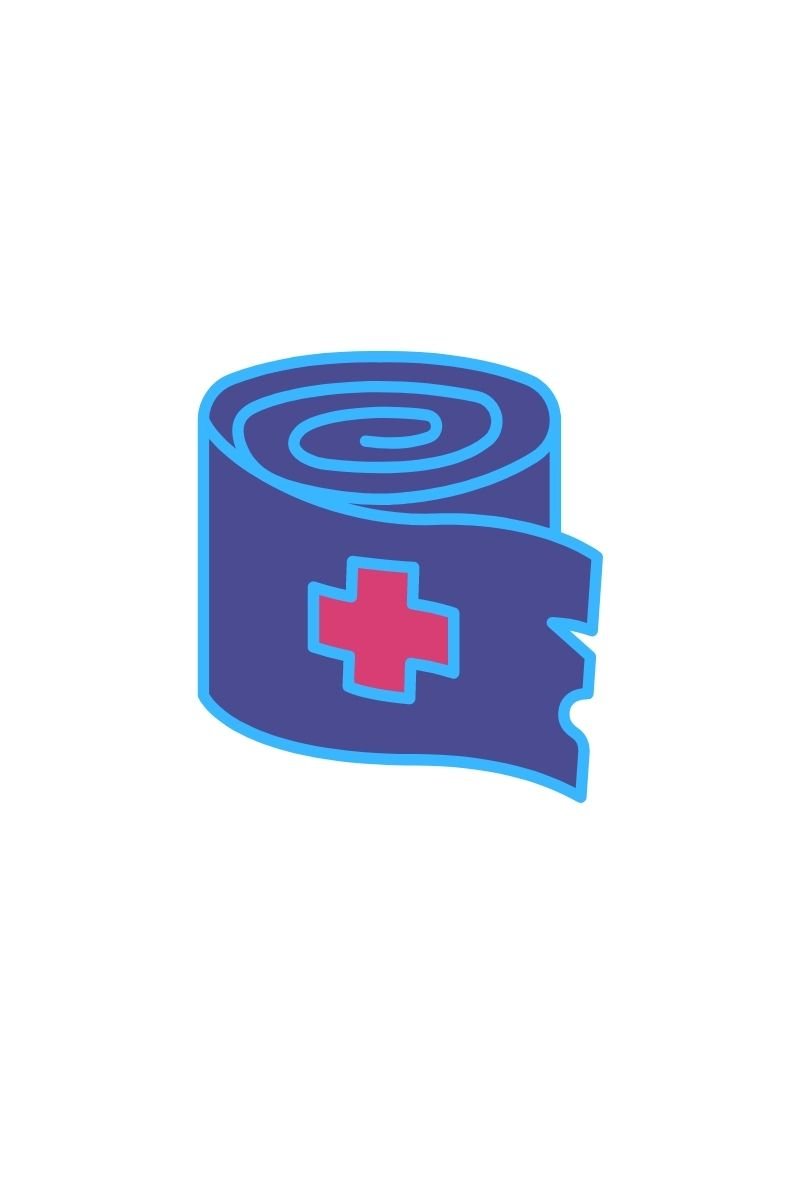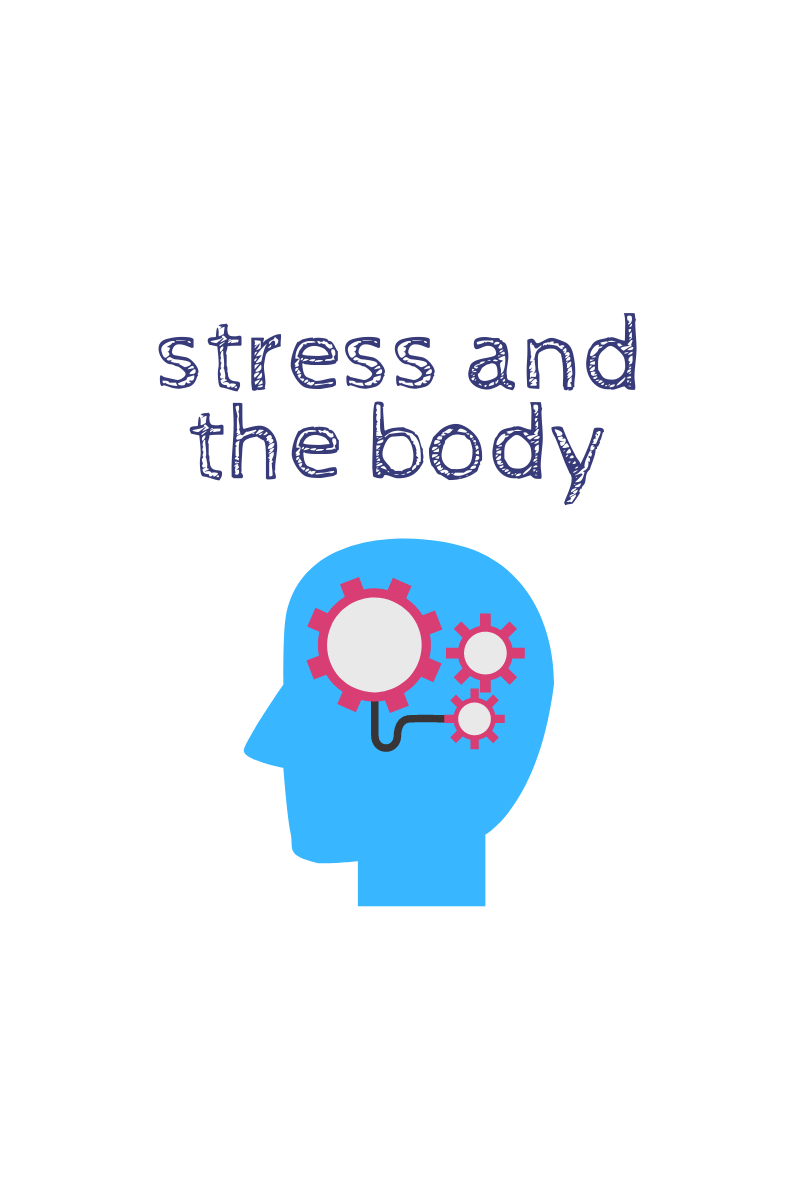blog

Healthy Snacks for Runners (and Other Active People)
Snacking gets a bad rap sometimes. We associate it with sitting on the couch being lazy, or with being weak and giving in to cravings. But it’s not like that!
Snacking is a power habit– when you do it with intention.
Hear me out. Humans need nourishment. Active humans need more nourishment than sedentary ones. If you’re active, you need not only energy (calories), but also micronutrients to repair your tissues and sustain the increased metabolism of your body.
You get these through food, and that needn’t be limited to three meals a day. For lots of active folks, it’s actually hard to get what you need that way. Why limit yourself?

Act Like An Athlete All Day Long
You're sticking to your training plan. You're hitting your workouts hard. You're checking the boxes. So why do you keep getting little niggles? Why are you sick again? Why did you miss that PR by a hair, again?
Training matters. But you spend more time not running than you spend running. And that can work to your advantage, if you’re smart– adaptation doesn't happen while you're actually training, it happens in between.
Athletes don’t stop being athletes when they step off the track, or the trail, or the court, or the field. They make decisions to support their performance all day long. You can, too.

How to Eat Breakfast:
Healthy running meals for "not a morning person" people
Your alarm goes off at 5. You pull on your running clothes in the dark, press go on your Garmin, and make it back in time for a shower, coffee, and your first meeting. Suddenly it's lunchtime and you're ready to eat anything that isn't nailed down. You're also probably edgy, frazzled, and missing the peace you found mid-run. What happened?
Who needs breakfast? You do.
If you want to feel good, perform well, and get enough calories in during the day to support a super active life, breakfast is your friend.

7 Easy Ways to Eat More Veggies
There's so much noise in the nutrition world. Trying to figure out the best way to eat is confusing! Many of my clients come to me wanting to eat well and ready to commit to what will make them feel best, but they have no idea where to start. Should they cut carbs? Count macros? Try intermittent fasting? Eat paleo? Eat vegan? There are people (usually salespeople!) who will swear up and down that one of these is the one and true way forward. I beg to differ.

Anti-Inflammatory Nutrition for Athletes (and everyone!)
If the fire is hot enough, anything will burn. I run so I can eat whatever I want. Will run for donuts. Have you ever said one of these? Or maybe have it on a t-shirt or three? There's no shame in that! Runners love to eat! But is your nutrition supporting your training and recovery, or are you just getting by? Are you missing goals, feeling drained, or getting injured? Are you curious what "peak performance" might look like for you? Do you want to feel better running? You might want to think about your nutrition.

How to stop getting injured all the time: A primer for runners
The sun is out. The bright mornings and long evenings have you psyched for some nice, long runs. You found a cool race to sign up for. You dove into your training with both feet. It was awesome. And then. . . you got hurt.

How to stay energized for a 12-hour shift
Lots of nurses and other healthcare folks work a tough 12-hour schedule. Even if you like the freedom of fewer days on, the demands of 12-hour shifts are a lot to take on consistently. These long, stressful shifts are draining even on good days. After the second or third day (or night, yikes), you likely feel a little bit like a zombie. Are you making your best decisions then? Being your best self? You don't have to answer that, but when you have a quiet moment, think about it, and be honest.

vitamin D: what you need to know
If you're a human and you don't live at the equator, your levels are probably low. Doctors used to test this rarely, worrying only about the disease of severe deficiency (rickets), but now it's tested routinely. Low vitamin D has been implicated in everything from fatigue to psychiatric disorders to low bone density. Huh? What's the unifying thread here? How does this work? Why should you care?

Feeling better when you’re stressed
What does chronic emotional and psychological stress do to the body? Why are doctors always telling us to manage stress better? Is managing stress really that important to health and well-being? How do I even go about “stress relief”? What are some stress management tips? These are questions I hear all the time, and I’m going to dig in, so get a cup of herbal tea and settle in for a good read!
When our brain perceives a stressor, our body reacts. This is on purpose: the autonomic nervous system allows the body to respond when something requires us to react to protect ourselves.

What’s the deal with inflammation?
The word inflammation comes from the Latin inflammo, meaning blaze or burn, and is defined in biology as "the immune system's response to stimulus." It's a complex biological process involving molecules, cells, blood vessels, the nervous system, and the microbiome. Inflammation is helpful in defending and healing the body from illness and injury, and in creating positive adaptations to stressors-- but sometimes it goes awry.
